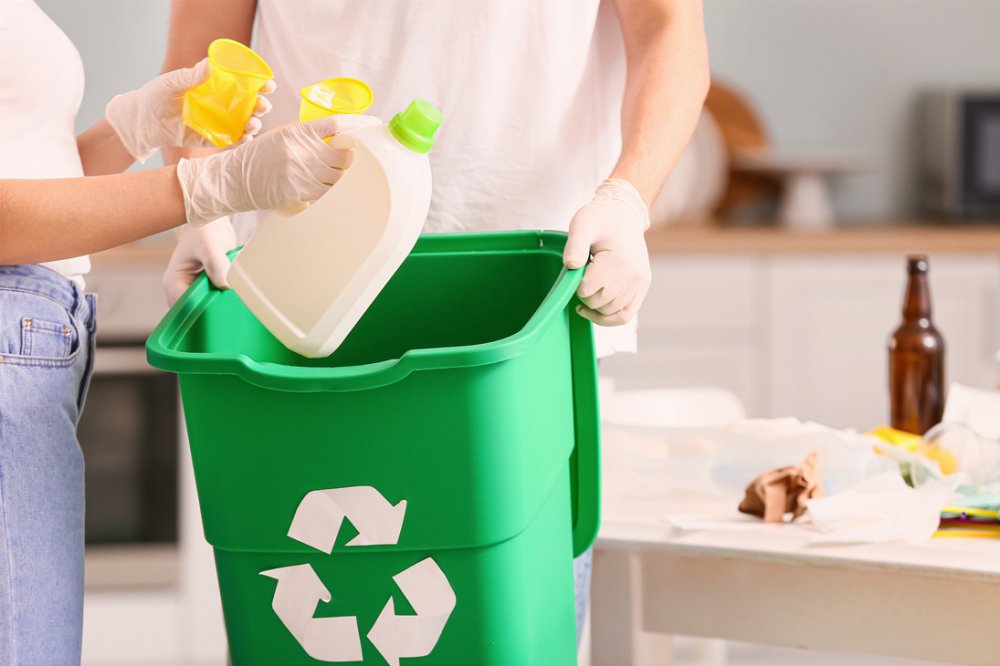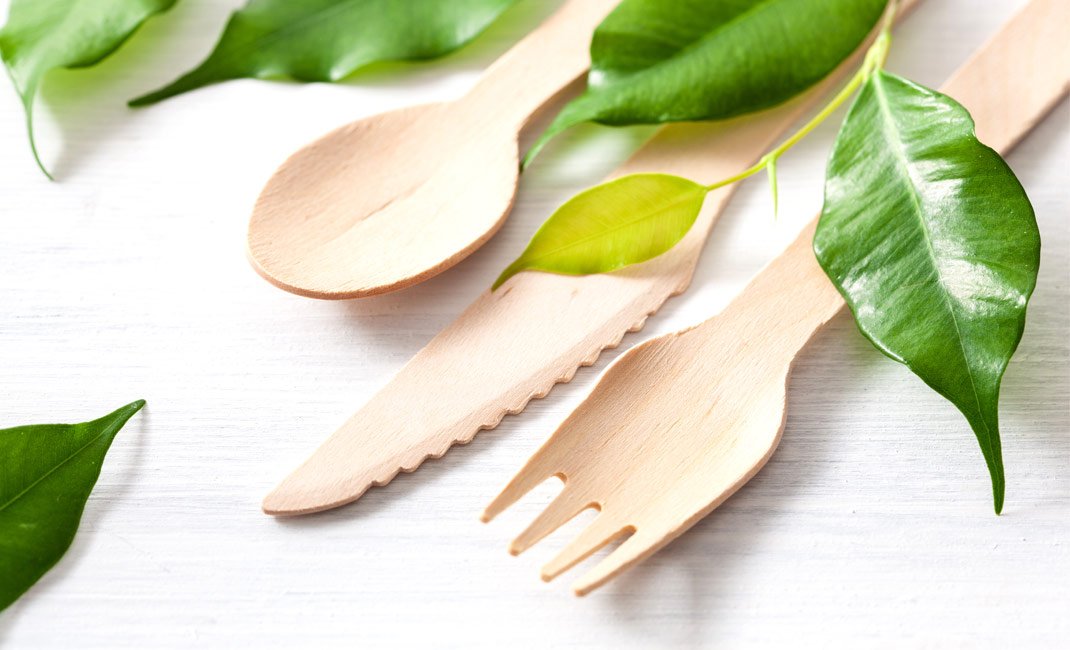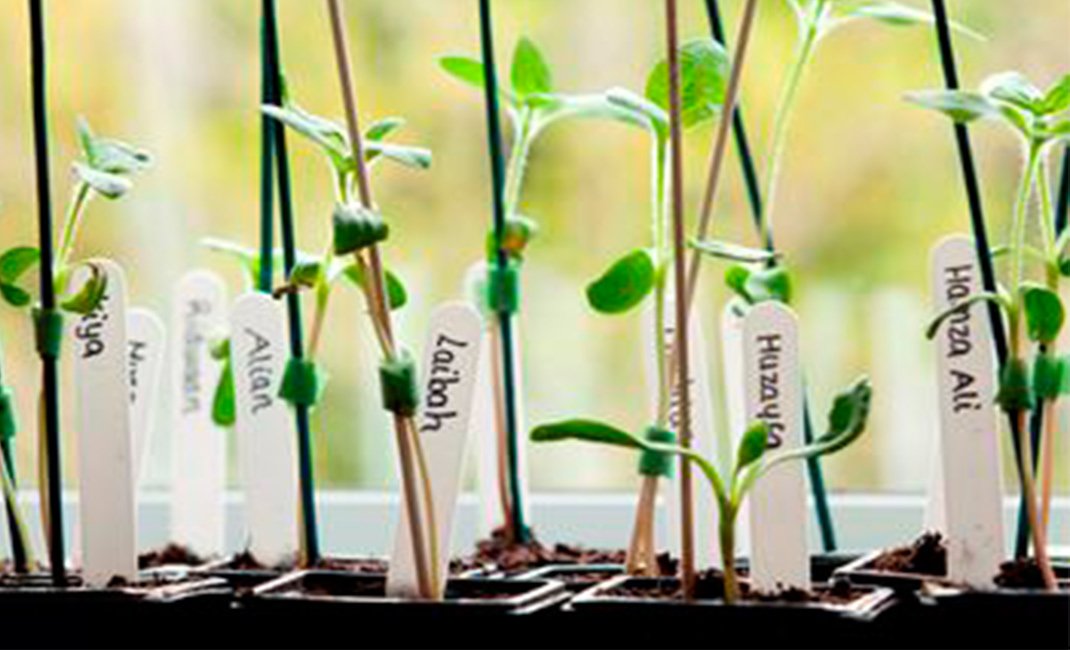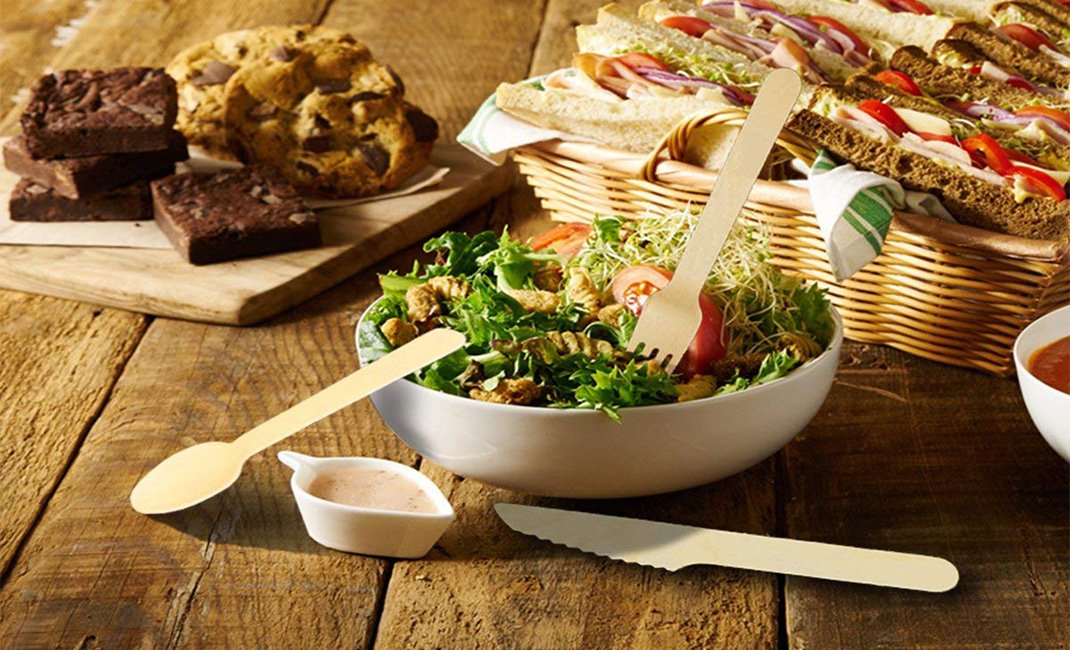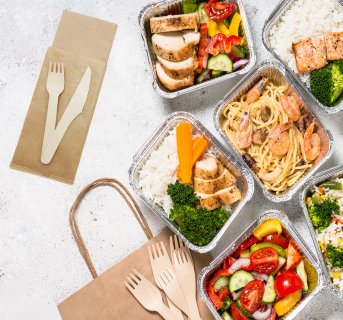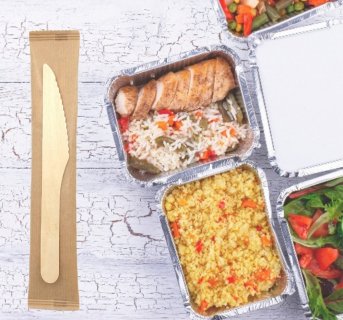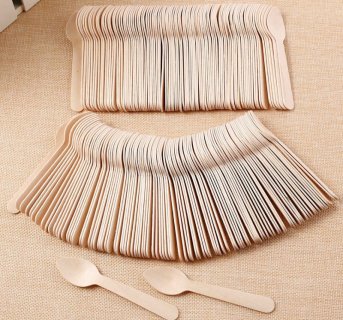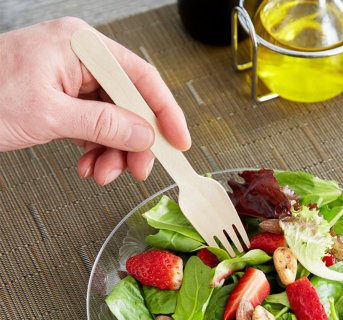1.If there are any instructions in the recycle bin, follow them as best as possible.
2. NO food, NO liquids, NO straws, NO plastic cups and NO plastic utensils in the recycling bin. Compost all food and soiled paper when possible.
3. NEVER put recyclable materials in plastic bags and never put plastic bags in the recycling bin. Plastic bags and plastic wrap are entangled in recycling processing equipment.
If you absolutely need to use a plastic bag, empty your recyclable material into the recycling bin - and take your empty plastic bag to a place where plastic bags are recycled. If you can not find a plastic bag recycler, then either reuse your plastic bag or throw it in the trash. Again, please refrain from using, accepting or purchasing plastic bags altogether.
4. Avoid disposable items as much as possible. And unless the recycler has specifically stated that they can accept these items, then generally remember the following: NO foil, NO plastic or metal utensils, NO plastic bags, NO styrofoam, and NO plastic wrappers or wrappers.
5. Unless you have a clean pizza carton, do not put greasy pizza cans in the recycle bin. The oil, cheese and sauce in the box can contaminate the cardboard. If the box contains some of your food waste, then fertilize the pizza box if there is no plastic in or on it. Otherwise, put it in the trash.
6. NO WASHING NEEDED, however, please empty and remove food or materials from all bottles, jars and containers before putting them in the recycling bin. For example, if you have a jar of peanut butter, just remove and rinse it as much as possible, but you do not need to wash it. And remove all metal lids from glass jars.
NOTE: Unfortunately, some communities no longer recycle glass. Refer to the instructions on the bin. IF you can recycle glass in your community, never put glassware in your bin. Only recycle glass bottles and jars.
7. Plastic bottles and jugs are recyclable: Avoid disposable plastic bottles when possible. However, when you have them, empty and recycle all the plastic bottles and jugs that have a neck.
Plastic caps: In most larger communities where the sorting system is Mixed Recycling, it is generally preferable to place the plastic cap in the empty plastic bottle or jug before putting it in the recycling bin.
Other plastics: Before disposing of other plastics in the recycling bin, make sure that the recycling carrier accepts them. Refer to the numbers at the bottom of the containers. If in doubt, throw them out.
Prescription and sample bottles: Do not put prescription bottles or oversized bottles in regular recycling bins.
8. Recycle all clean paper and all clean cardboard boxes. If you have time, remove all the tape and all the plastic wrap that may be on the cardboard. They will accept tape on the cardboard, but the cardboard recycling processors will appreciate it a lot if you remove all the plastic materials from the cardboard.
9. As much as we want everything to be recyclable, many things are not. In fact, making too many mistakes can cause even good materials to go to landfills. So make sure that any common recyclable materials such as cans, plastic bottles, plastic bins, clean cardboard and clean paper are recycled. And if you are not sure about something, leave it in the trash.
10. NEVER put glasses or dishes in the recycling bin. Placing utensils and glass in the recycling bin can cause a lot of problems for processors and can cause huge problems for glassmakers, including the destruction of their equipment and the destruction of good glass jars and bottles.
11.If you have compostable plastics, either throw them in a bin marked for real industrial compost or throw them in the trash. And when buying compostable products, such as cups, serving utensils, etc., make sure the products are well labeled "compostable" and display the BPI certified logo perfectly, so as not to be confused with traditional plastic.
12.Take all your used batteries to a recycling facility or battery recycling shop.

